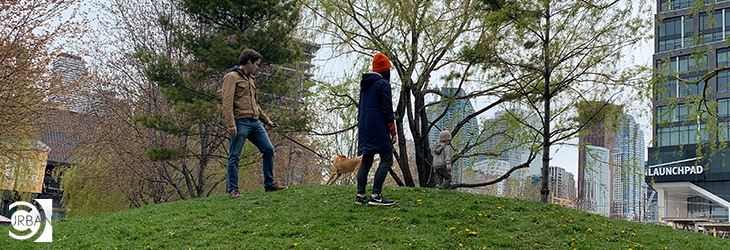Out of Pandemic, Transformational Resilience Can Emerge
The global pandemic from COVID-19 is a situation that none of us has experienced in the modern age. It has very different traits and impacts than what we have typically experienced from natural, man-made or climate-induced events.
Most notably, the COVID-19 pandemic is at a contemporaneous global scale, affecting everyone simultaneously, and straining leadership, collaborative relationships and the institutions we rely upon during emergencies.
There are, however, three important similarities between this global pandemic and chronic changes in the climate: Both are exacerbated through human activity, both can have a massive impact both globally and locally, and each requires a global response.
…

Resilience is the capacity of systems, businesses, institutions, communities and individuals to learn, adapt and grow, regardless of the nature and magnitude of chronic stresses and acute shocks they experience. Many of us in the climate field have been proposing sustainability and resilience strategies to anticipate, manage and track the more chronic, gradual changes in the climate, such as higher temperatures, sea level rise and changing precipitation patterns.
…
So, what actions should we be taking right now to mitigate further impacts from unanticipated events of global consequence?
- Test and update current business continuity or emergency response plans to reflect the lessons learned from the COVID-19 crisis.
- Monitor and track global trends and risks, both chronic and acute, and take early warnings seriously.
- Identify the critical functions needed to operate, maintain and grow an organization and determine how global trends might impact that organization.
- Design for failure, regardless of the threat.
- Stress-test plans, both discussion-based and full-scale real-world exercises.
- Invest in people who excel in strategic foresight and know how to plan for and exercise multiple threats that may not have already been considered, such as biodiversity loss, higher temperatures and technological attacks.
- Use strategic foresight to develop community resilience plans in partnership with community stakeholders and suppliers.
- Diversify supply chains and introduce redundancies to protect them.
- Learn how to adapt business models quickly by providing online learning, teaching and connecting while practising physical distancing.
For complete text of this very interesting paper follow this link ![]()

Leave a Reply
You must be logged in to post a comment.